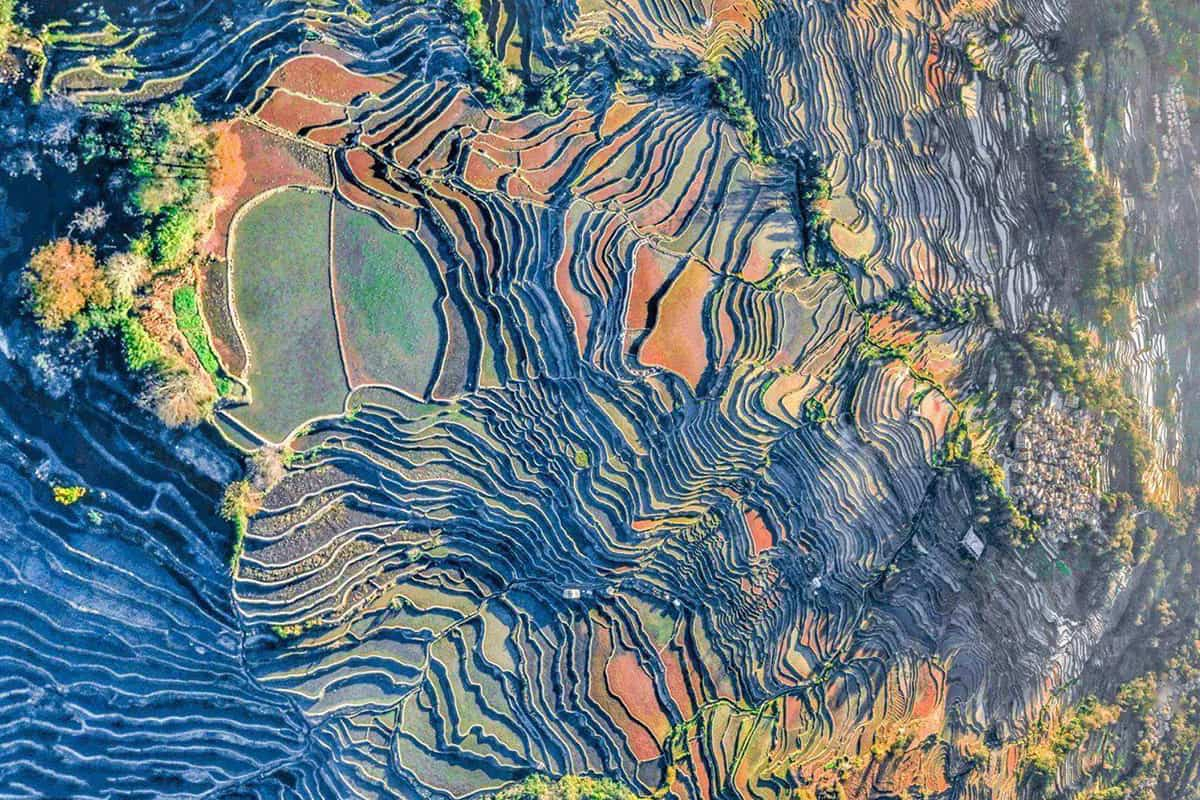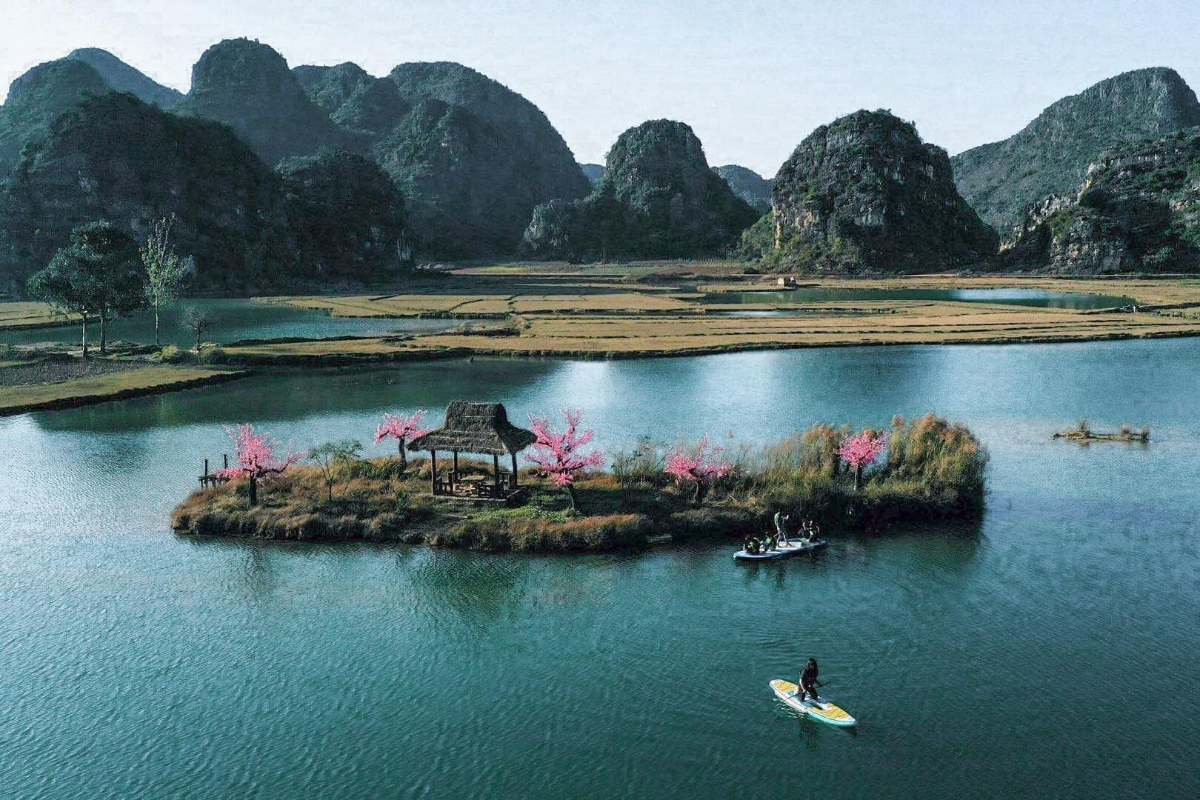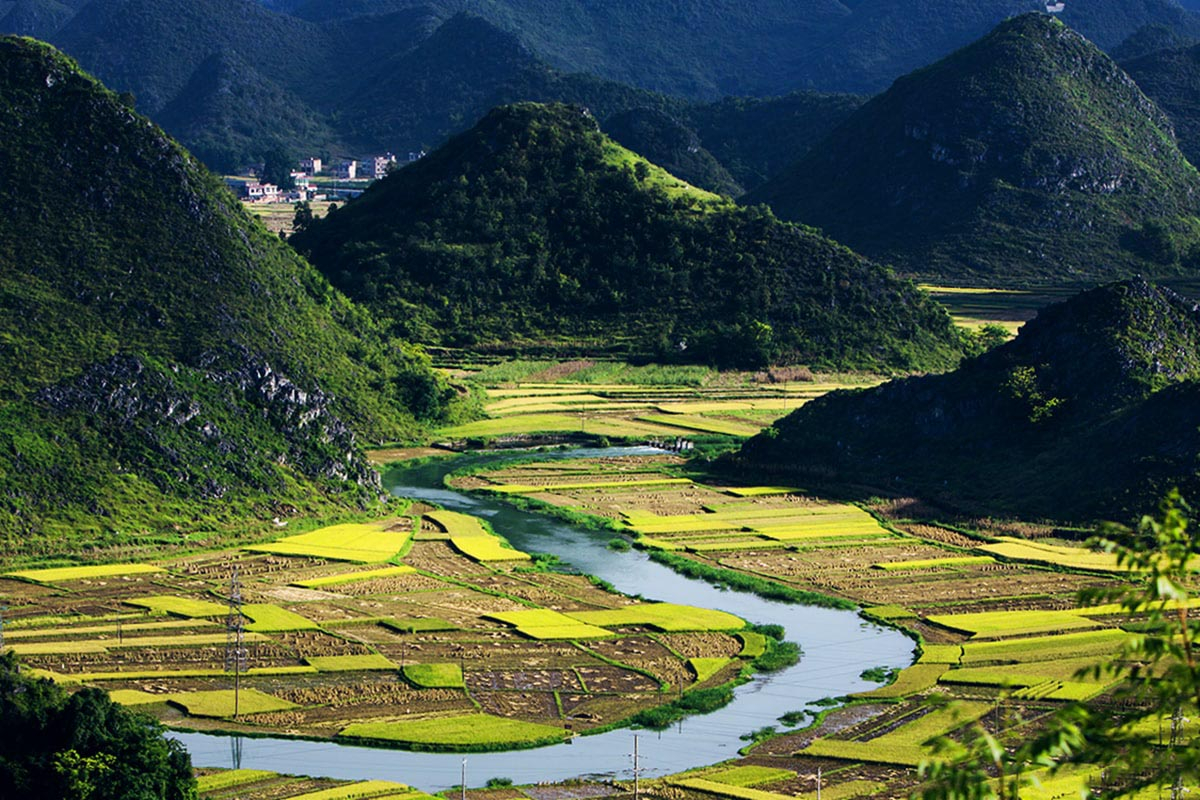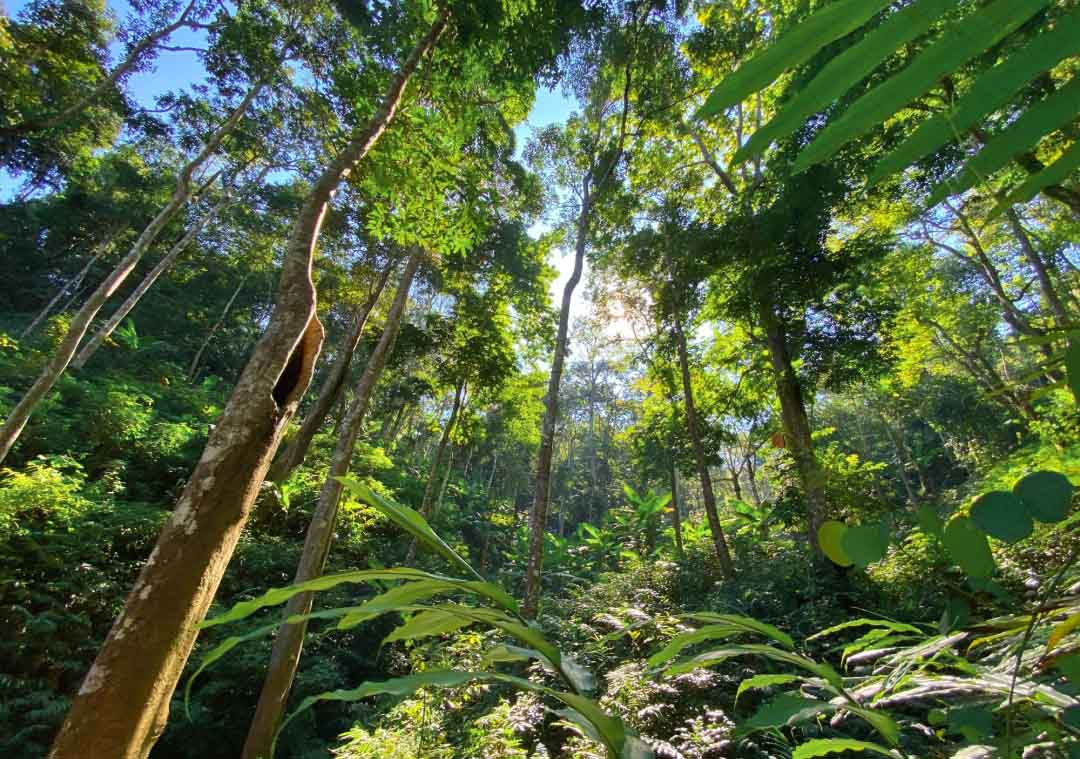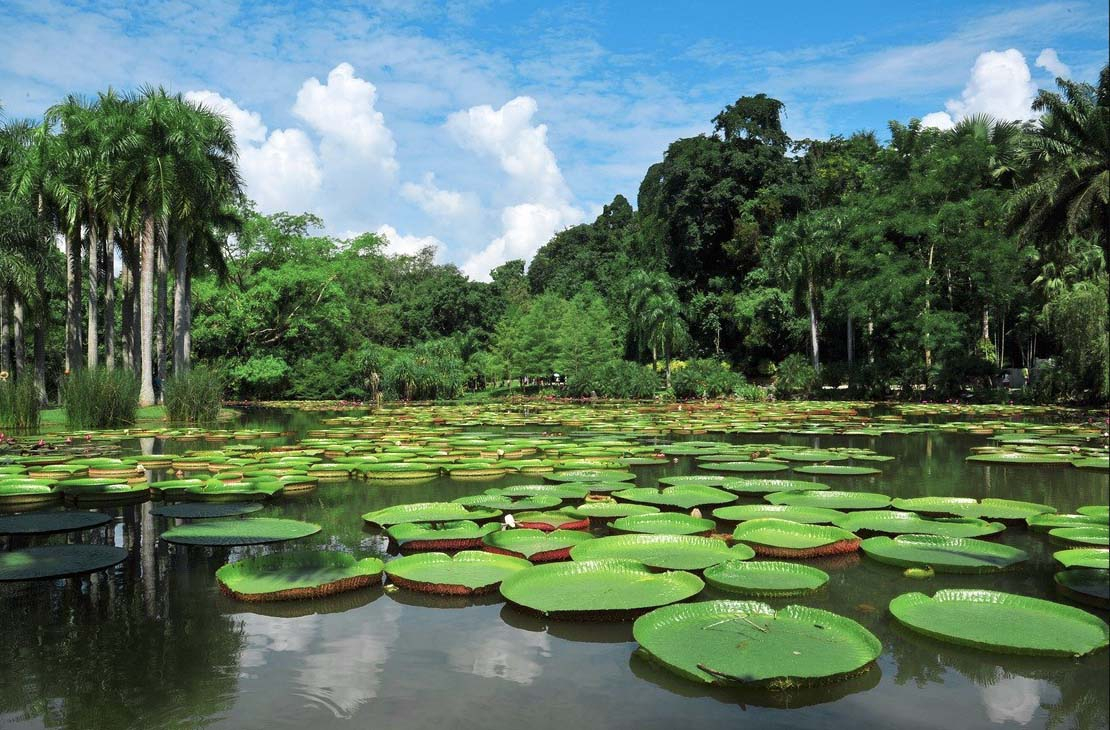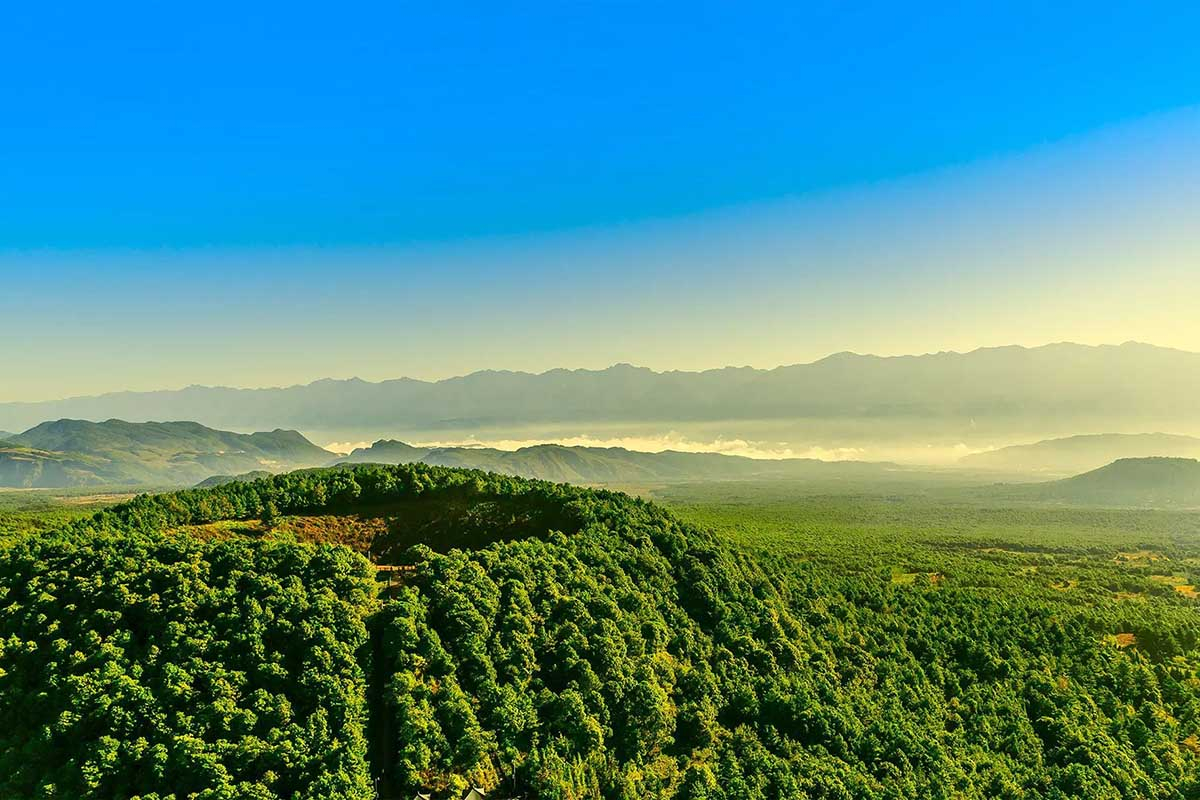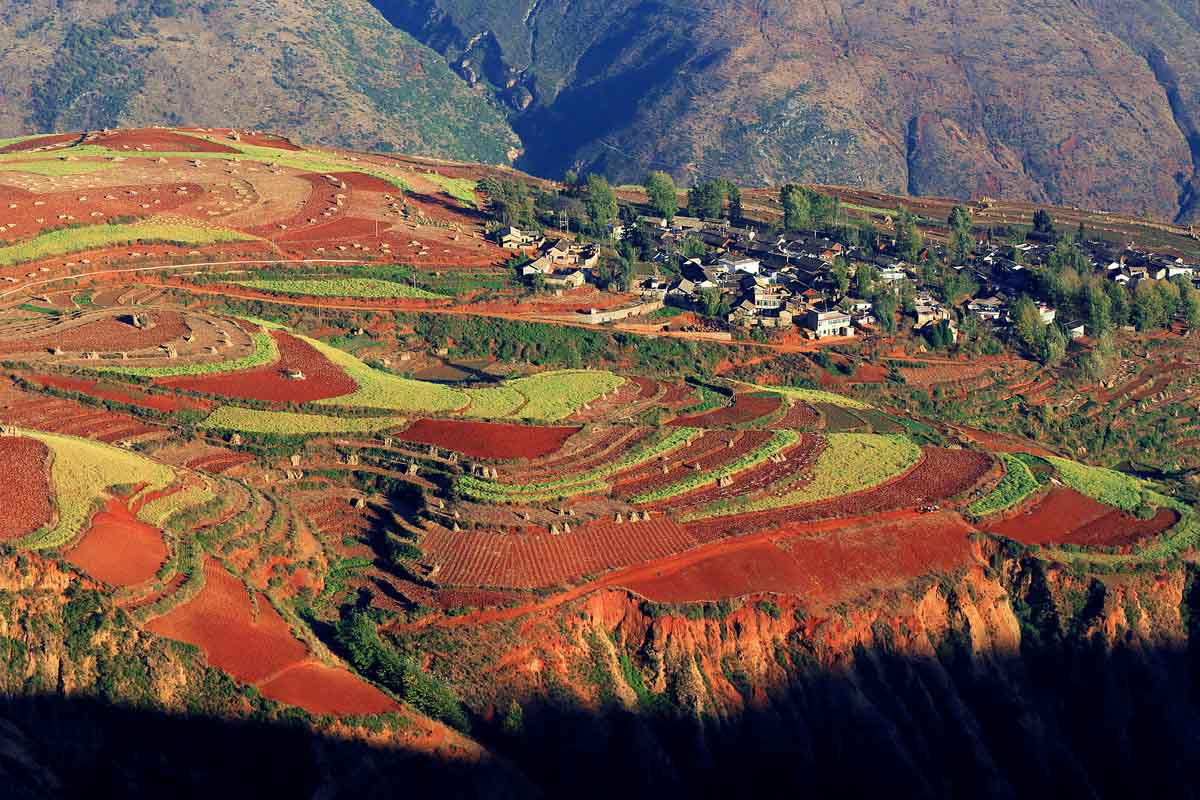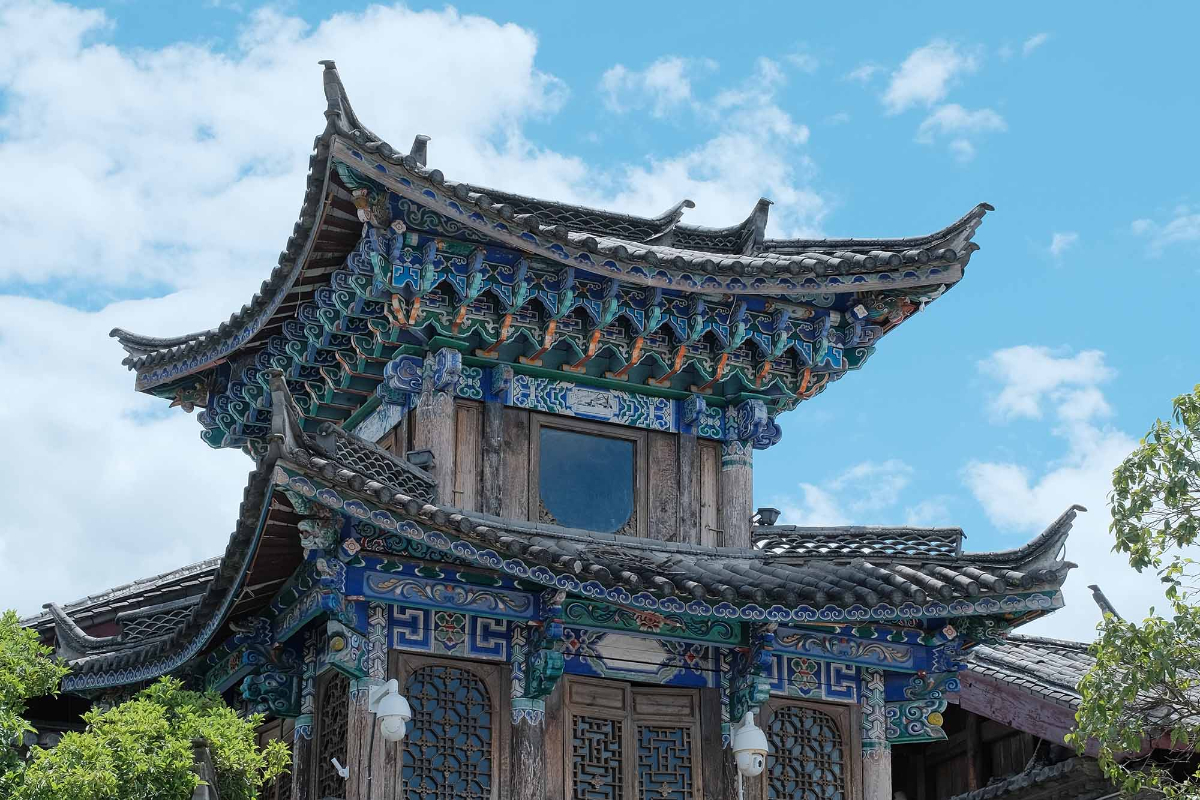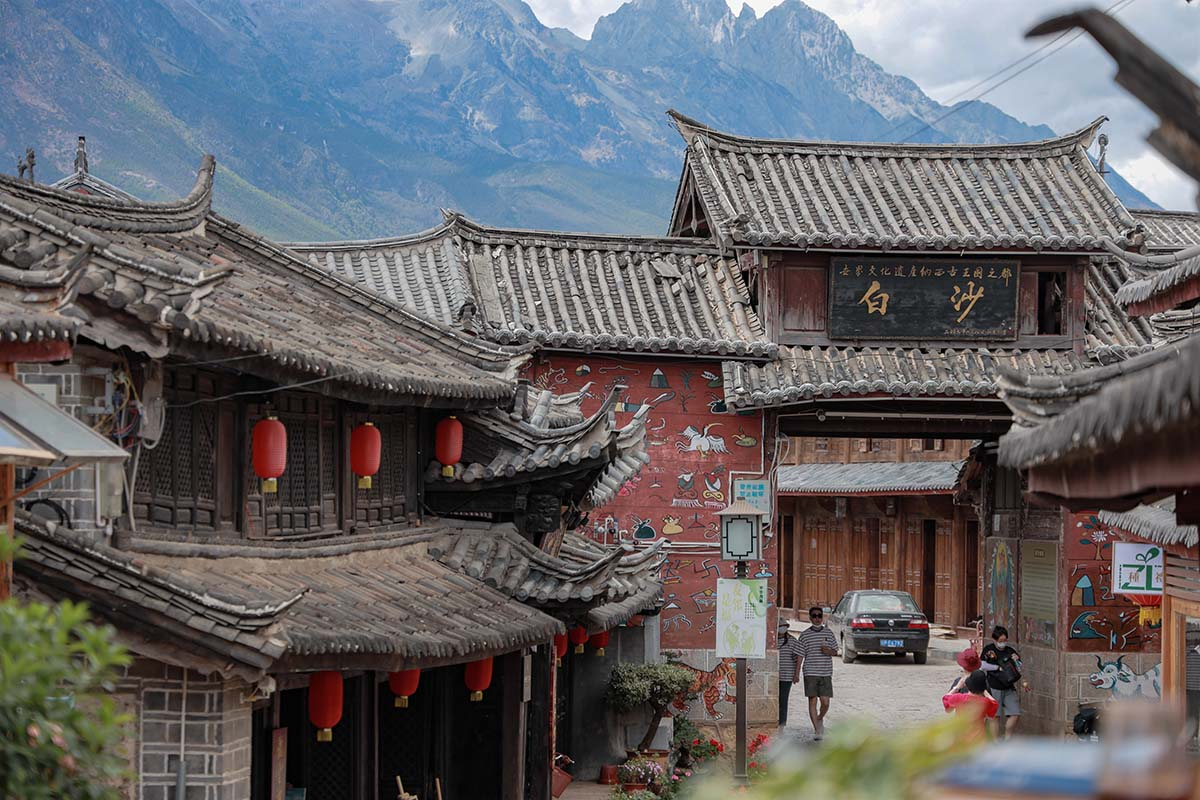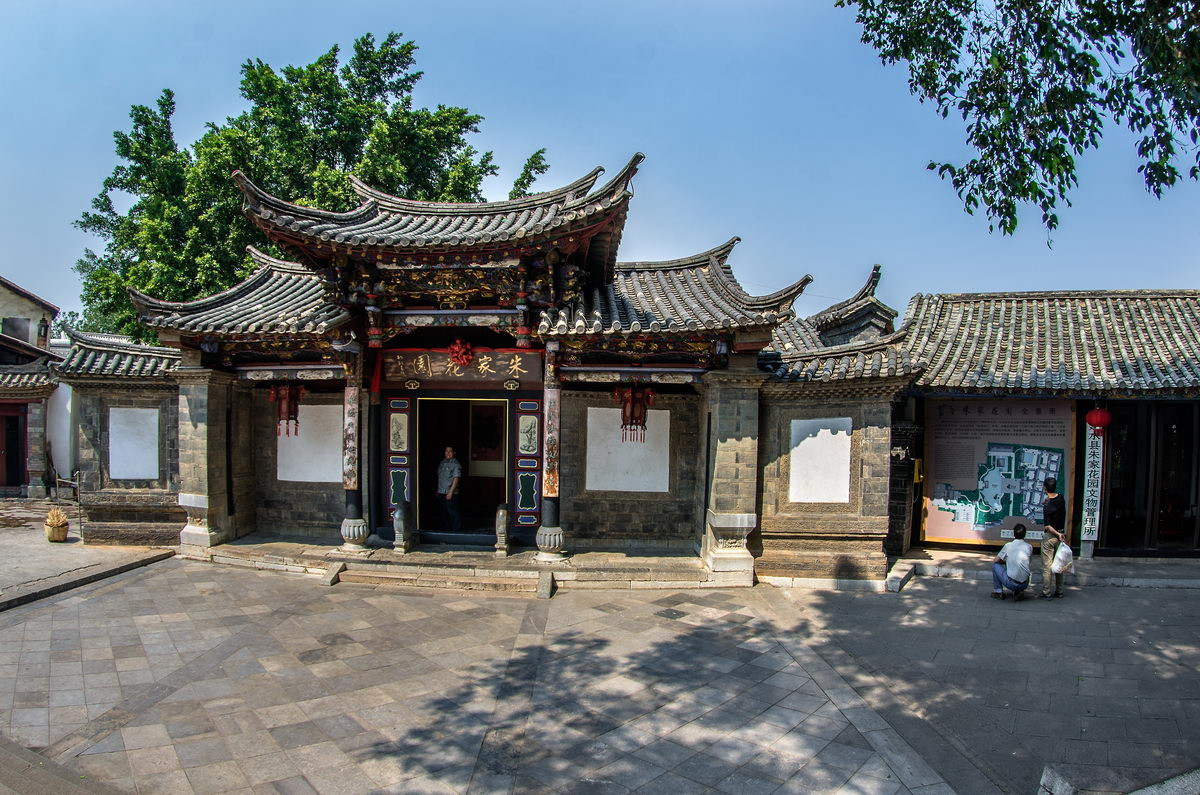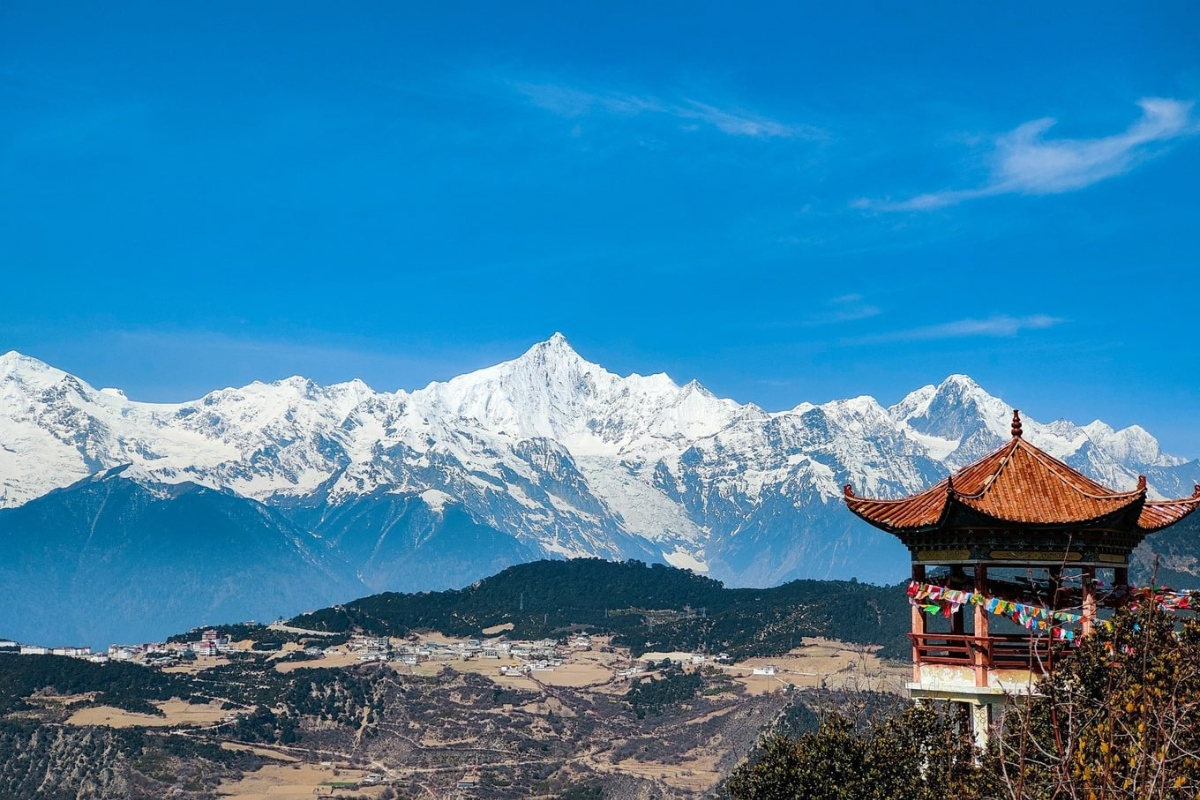Fuxian Lake
Chinese name: 抚仙湖(Fu Xian Hu)
Location: Jiangchuan District, Yuxi City, Yunnan Province
Ticket: Free
Estimated time of tour: half day to One day
Recommended time of visit: all year round
Nearby attractions: Chengjiang Fossil Site, Mt.Maotian National Geological Park,Mt. Ailao Natiaonal Natural Reserve, Dianchi Lake, Stone Forest, etc.
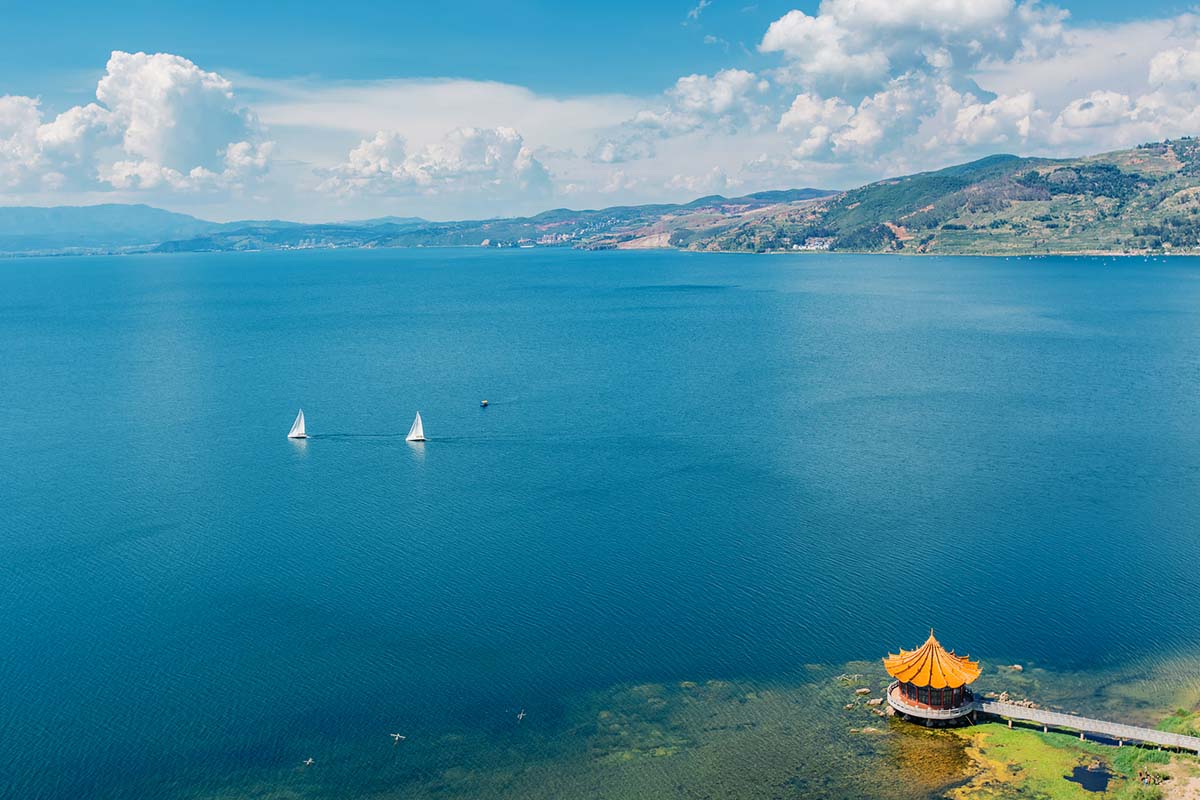
Fuxian lake is the second largest fresh water lake of China and the biggest highland deep water lake. It has the largest fresh water reserve among all lakes of China. It belongs to Nanpanjiang river system. It has a run off areas of 1053 square kilometers. The elevation of Fuxian lake is around 1700 meters. The lake is 31.4km in length and 11.8km in width with a lengthy coastline of 100km. The average depth is 95.2m and the deepest point reaches 159m.
Fuxian lake has long been famous for its scenery and clear water in Chinese history. It was called Luojia lake in Tang Dynasty as the Luojia Tribe used to settle by the lake side. In 17th century, the well known Ming Dynasty traveller and geologist Xu Xiake, recorded and mentioned about this lake in his famous travel book. In his book he says,”Yunnan is full of mountains, rivers and lakes. Water of Fuxian lake is the purest and cleanest among them.”
Fuxian lake is the product of rising Yunnan and Guizhou Plateau. About 3 million years ago, the Himalaya mountain rose up and many larva lakes and water reservoir took shape during that process. Fuxian lake was one of them.
● Cherry valley
This area is on the northeast bank of Fuxian lake, next to the Angsana Hotel, about 15km away from Chengjiang County. There is cluster of five star hotels, resorts, pensioner’s communities, restaurants and bars. This is also the site where a underground city was discovered nearby.
In 1st century BC, during the reign of Han dynasty, there was a town called Yuyuan. According to history books, this Yuyuan town mystically vanished overnight. Legend had it that the town was devoured by a flood. A city relic was discovered in the depth of Fuxian lake in 2000 by a underwater archaeology mission. Archaeological society is still arguing whether or not this relic was the vanished Yuyuan town.
● Gushan Island Scenic Area
Named Yinhai mountain (yinhai shan) in old days, this is the only island in Fuxian lake. It had a sister mountain in the past and these two mountains were connected by an iron bridge. An earthquake stroke this region and sank one of the mountain and the iron bridge. Yinhai mountain was the only standing one, hence the name Gushan, meaning the Lonely mountain or Isolated mountain. Visitors were attracted by its clean beach, luxury hotels and various restaurants. Development of tourism of Fuxian lake was triggered by building up of infrastructures and facilities of this very island.
- HOTEST
- RECOMMEND
